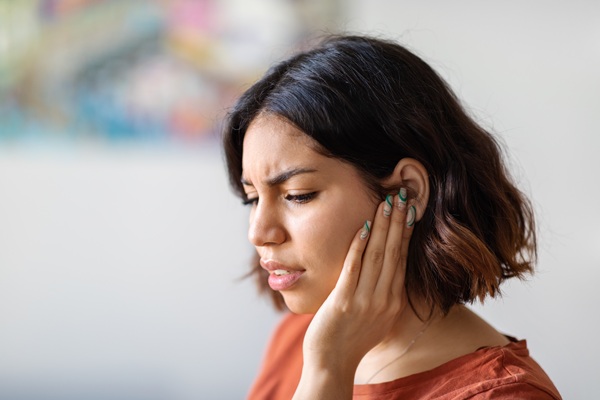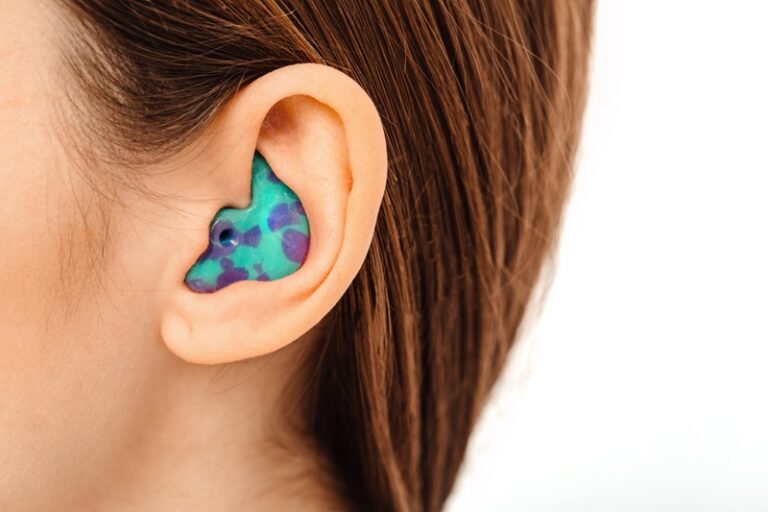Hearing a constant ringing, buzzing, or hissing sound in your ears when there’s no actual noise around? This condition is called tinnitus, and it affects millions of people worldwide, including many here in Australia. While tinnitus is not usually a sign of something serious, it can be frustrating, especially when it impacts your sleep, concentration, and quality of life.
Let’s explore the practical lifestyle changes that may help people manage tinnitus, reduce the intensity of the noise, and improve your day-to-day comfort. We will also talk about common tinnitus causes, and what options are available when you’re looking for tinnitus treatment or support from a tinnitus treatment clinic.
What Is Tinnitus?
Before we dive in on the lifestyle changes you can do, let’s understand tinnitus first. Tinnitus is the medical term for hearing sounds in your ears that are not coming from the outside world. The most common description is a ringing in the ears, but some people hear humming, hissing, buzzing, or clicking.
In Australia, about two-thirds of Australians have experienced hearing this humming or buzzing sound at some point in their life. Unfortunately, It can affect one or both ears and may come and go or be constant.
Common Tinnitus Causes
There is not just one cause of tinnitus, but rather it can develop from many different issues, including:
- Exposure to loud noise (e.g., concerts, machinery)
- Hearing loss, especially age-related
- Earwax build-up
- Ear infections or injury
- Certain medications (some antibiotics, anti-inflammatories, or antidepressants)
- Stress or anxiety
- Jaw or neck problems (such as TMJ)
Tinnitus Symptoms and When to Seek Help
The main symptom is the sound you hear, like ringing, buzzing, or something similar. But tinnitus symptoms can affect your wellbeing in other ways, including:
- Trouble sleeping
- Difficulty focusing
- Feeling anxious or irritated
- Feeling tired or drained
This is how tinnitus can manifest in your life. If tinnitus is bothering you, it’s a good idea to speak with a hearing professional to address this issue and manage it. While there may not be a “cure,” tinnitus therapy and lifestyle changes can often make a noticeable difference.
Lifestyle Changes to Manage Tinnitus
Tinnitus affects everyone differently, so treatment often involves trying different approaches to find what works best for you. Below are some changes you can make in your daily life to help manage tinnitus naturally.
1. Lower Stress Levels
Stress can make tinnitus worse. When you’re tense, your brain focuses more on the noise, which makes it seem louder. Try activities that help you relax, such as:
- Deep breathing or meditation
- Gentle exercises like yoga or walking
- Listening to calming music or nature sounds
- Talking to a counsellor if you feel overwhelmed
2. Use Sound Therapy at Home
Silence can also make tinnitus seem louder. Incorporate soft background noise to help distract the brain from focusing on the ringing. Try using:
- White noise machines
- Fans or air purifiers
- Soft music or nature sounds
- Apps that offer sound therapy playlists
This type of tinnitus therapy is simple but effective for many people, especially when trying to fall asleep.
3. Avoid Loud Noises
Loud sounds can also make tinnitus worse or trigger a flare-up. When you’re in a loud environment, try to:
- Wear earplugs or earmuffs in noisy places (like concerts or job sites)
- Turn down the volume when using headphones or watching TV
- Take breaks from noisy environments when you can
Protecting your ears is one of the best long-term tinnitus treatment habits you can build for yourself.
4. Watch What You Eat and Drink
Your diet can also worsen your tinnitus as some foods and drinks can make tinnitus symptoms feel more intense. Try cutting back on:
- Alcohol
- Salty foods
- Highly processed snacks
Make sure to stay hydrated and eat fresh, whole foods to help keep your body in balance and reduce flare-ups.
5. Get Enough Sleep
Poor sleep can make tinnitus feel worse as well, especially during the day. Try to:
- Stick to a regular bedtime
- Create a quiet, dark bedroom environment
- Avoid screens and bright lights before bed
- Use a white noise machine if silence makes the ringing louder
Better sleep often means better coping during the day.
6. Stay Physically Active
Regular physical activity improves blood flow, reduces stress, and helps you sleep better. Because of these effects, they may be able to ease tinnitus symptoms.
You don’t need to do intense workouts. A daily walk, gentle stretches, or swimming can already go a long way.
7. Limit Stimulants and Smoking
Smoking and excessive caffeine intake can affect blood circulation and the nerves in your ears. If you smoke or rely heavily on caffeine, talk to your GP about ways to cut back or quit. This might not solve your tinnitus, but it can help reduce how intense it feels.
Small Changes, Big Relief
Tinnitus can feel overwhelming, especially when you think you can’t do anything about it. With the right support and a few simple changes to your daily routine, it’s possible to make the ringing less noticeable and feel more in control of your life again.
If it seems that your tinnitus symptoms are much worse or you want to know more about it, discuss your concerns with the audiologists at Audience Hearing. Our team can support you in managing tinnitus through professional advice, specific tinnitus treatment methods like TRT and hearing care options, if appropriate
Book a tinnitus consultation today to understand your hearing problems early.



